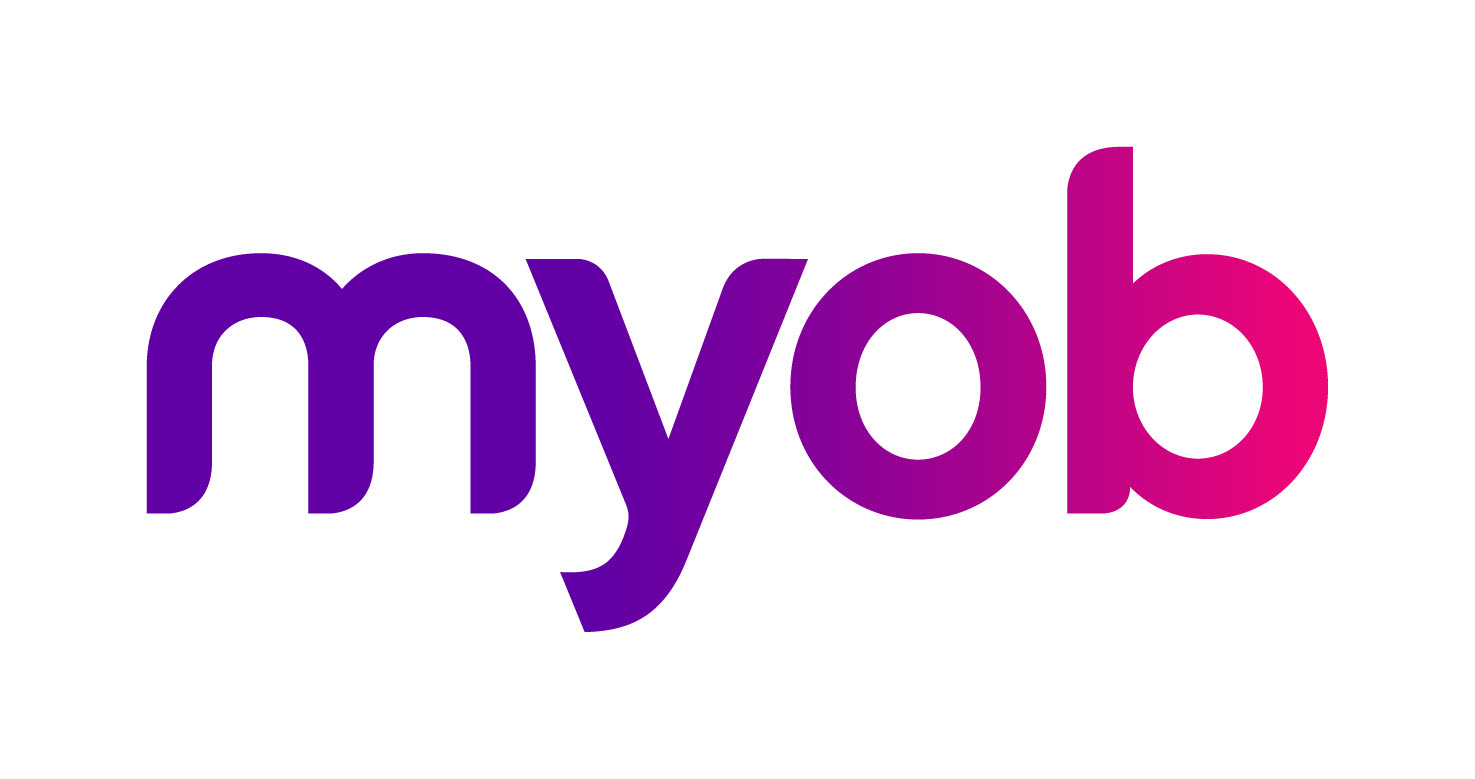What to do if an employee is on unpaid leave (New Zealand)
In some circumstances, absence on unpaid leave will impact an employee's right to normal annual leave accrual.
However, there are many situations where this does not apply. For example, unpaid absence on Sick, Bereavement, Parental (or Maternity), and Domestic Violence leave types, or when covered by ACC, do not have any impact on annual leave accrual.
Where the above do not apply (for example, being on an extended holiday that is not fully covered by Annual Leave), the information below explains options to impact normal annual leave accrual.
When an employee takes any unpaid leave of less than 5 days, you do not have to adjust the anniversary date and it will not affect the annual leave entitlement. The first full, continuous week of unpaid leave does not affect either the date on which the employee becomes entitled to annual holidays or the divisor of 52 for rate calculations.
When an employee takes continuous unpaid leave of more than a week, this can be managed in one of two ways in the Payroll system:
- Adjusting the Holiday Anniversary Date.
- Modifying the Average Weekly Earnings calculation.
To view an article on the Department of Labour's website regarding Unpaid Leave, click here.
Adjusting the holiday anniversary date
The employer can choose to extend the time required before the employee becomes entitled to annual holidays by the period of unpaid leave in excess of one week, i.e. if an employee takes two weeks' of unpaid leave then he or she becomes entitled to annual holidays one week later than their current anniversary so the Anniversary Date is changed to the new date. For example, employee’s Holiday Anniversary Date was 09/10/2009, adjust it to 16/10/2009:
Days/hours setup
When Holiday Pay is setup in Days or Hours, manually adjust the date in the Holiday Anniversary Date field to the new date.

Weeks setup
When Holiday Pay is setup in Weeks, click on the Leave Without Pay button on the employee's Holiday Pay screen. Select the Adjust Anniversary Date option then enter the Start and Finish Dates for the period of Leave Without Pay. The employee's Holiday Anniversary Date will be changed to reflect the period of Leave Without Pay, less one week.
If the company has an annual close-down date and is using the Company Anniversary Date setup, the anniversary date cannot be changed.

Modifying the Average Weekly Earnings (AWE) calculation
The employer and employee can agree that an employee's Average Weekly Earnings (AWE) calculation will be modified to reflect the number of whole or part weeks greater than one week that the employee was on unpaid leave. For example, if an employee takes two weeks' unpaid leave during the year, it can be agreed that the annual leave rate is calculated on the basis of a 51-week year, not on the normal 52 weeks.
Days/hours setup
When Holiday Pay is setup in Days or Hours, the first week of Leave Without Pay has Days (or Hours) Paid entered for that week, even though they have no Gross Earnings, e.g. For an employee working 5 day weeks, Gross Taxable Earnings will be $0 and the Days Paid would be 5. The following weeks of Leave Without Pay would have Gross Earnings of $0 and the Days (or Hours) Paid figures would also be 0.

Weeks setup
When Holiday Pay is setup in Weeks, click on the Leave Without Pay button on the employee's Holiday Pay screen. Select the Adjust Average Weekly Earning divisor option then enter the Start and Finish Dates for the period of Leave Without Pay. The Average Weekly Earnings divisor will be adjusted by the number of weeks in excess of one week.


Need more help? You can open the online help by pressing F1 on your keyboard while in your software.
You can also find more help resources on the MYOB Exo Employer Services Education Centre for Australia or New Zealand.
